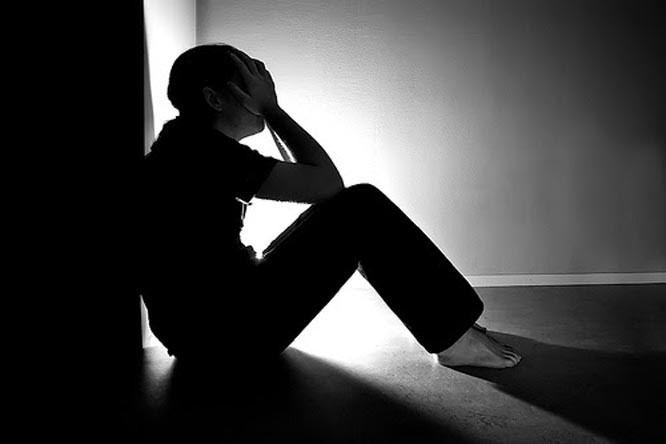
When your pain is psychological, all rationality goes out of the window

My only purpose in writing this is to be honest about a common ‘denominator’ prevalent in our society today -- suffering. And my only wish is that we can start -- or at least begin to learn -- to share our pain.
What we desperately need right now is empathy, and not rationality. We need compassion, not critique; and, most significantly, we need each and every one of us to try harder than we have ever done before -- because our lives depend upon it.
When the pain is physical, it hurts but it still makes sense (for most of us, right?). You have set paths to follow, remedies to experiment with, and a plethora of advice from anyone or everyone around you that will guide you on how to treat your ailment so you can eventually feel better and healthier.
There is no stigma. There is no shame. It can be embarrassing, but the general consensus will always be of an overarching understanding between friends, family, and the society. But when the pain is psychological, well, that is where the concept of rationality goes out of the window.
When the pain is psychological, suffering becomes your only reality. It is indefinable, vague, and everything out of our ken. From the viewpoint of the observer, there seems to be a cure -- always. But what is lost on us is the belief that this ‘cure’ cannot be manufactured by just looking at an individual and making the diagnosis based upon our understanding of their situation. If you were to take a look into an abyss, you might consider yourself capable of coming up with ingenious ways to get out of it. But if you were to fall into one, hopelessness is bound to severely shadow your escape routes. And in that very abyss, so many of us reside during various periods of our lives, unable to find some light to help us manoeuver a path back to reality.
As human beings, we strive to be logical so as to preserve our sanity. As a result, the benefit of sharing our insanity with each other never comes to fruition. We continue to believe our demons to be special, inconceivable by any other entity other than our very own self. So we stay quiet, we hide in our thoughts, and anytime we are exposed to any semblance of our imperfections we conveniently dispose of them as singularities.
There is enough evidence that says we have a problem which cannot be shoved under the carpet. We are all extremely aware of our physical limitations but have also become masters of disguising our mental fragilities. One reason for such behaviour is because we are afraid -- justifiably, because our society has a tendency to be vicious to those perceived as weak or ‘different’. Another reason is insensitivity -- as we interrupt condolences and consolations just to squeeze our cherished opinions into the frame, because the concept of learning when to exercise our freedom of speech has obviously devolved into oblivion.
It is impertinent now more than ever, to realise that what makes us so special is our suffering. At a time when this suffering consumes us, and insanity becomes the norm, that is where each and everyone of us has to start playing an active role -- in facilitating an atmosphere where we are present to ensure that all those who suffer are made aware that their state is not anything out of the ordinary but rather normality. That there are burdens that cannot be rationalised or judged, but instead be understood with compassion. That our failures are not singularities but rather proof of the incredible fight we are putting up against all the odds. And that our existence is a blessing for each and everyone around us.
All of this can be done with sharing. So we have to start with that. We have to start asking questions so as to not invoke the right answer, but in order to instill belief amongst one another that we are present in this together. We need to start talking about our demons openly so we can finally realise that our closets are more similar to those of others, even though we all seem so very different.
The process will be painful and maybe still unbearable, but perhaps this time around the conversation won’t end at "You can’t understand what I’m going through," and rather start with "Tell me what you are going through!"